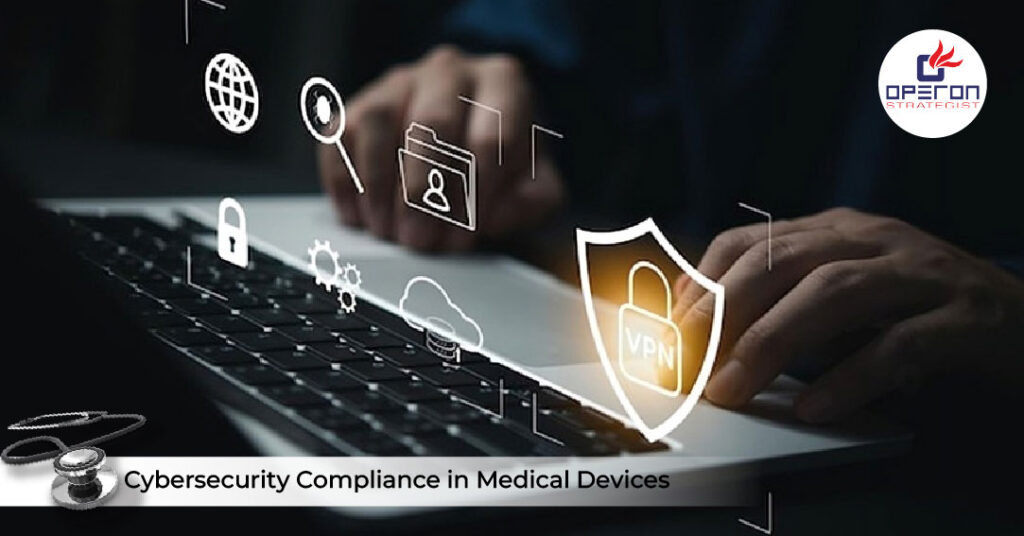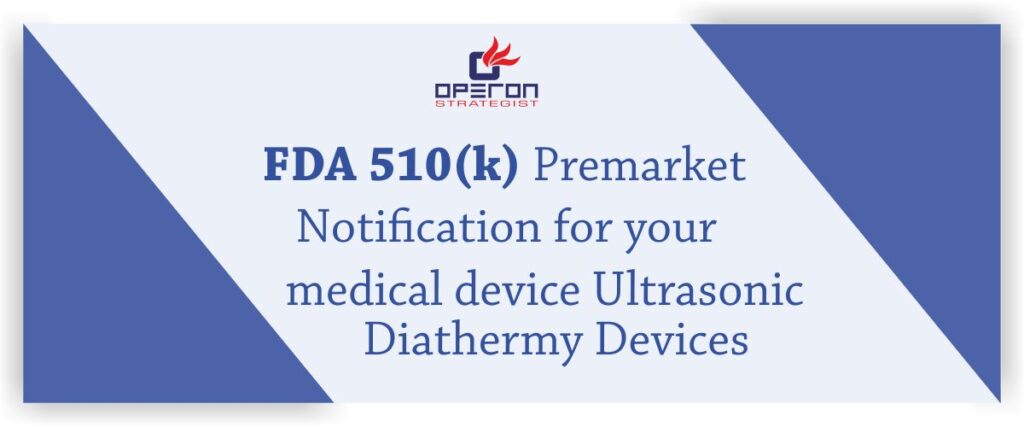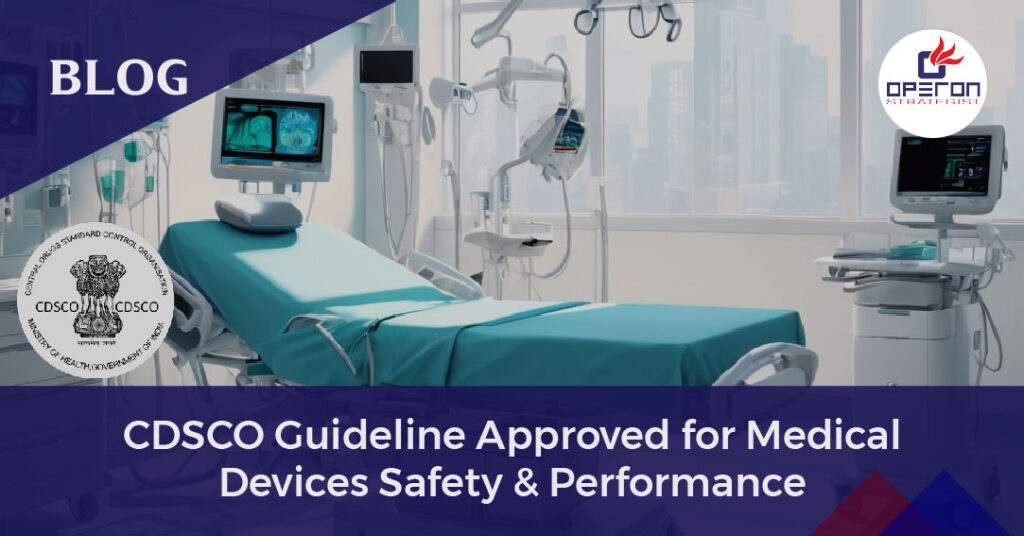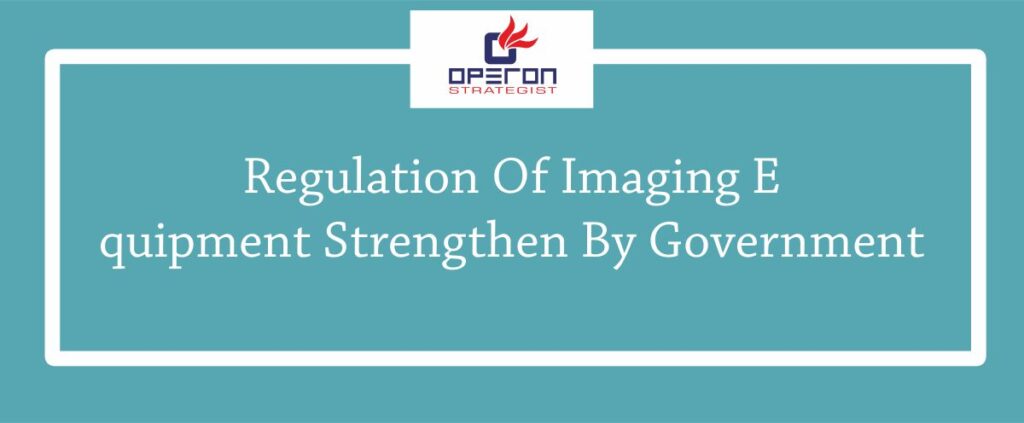As medical devices become increasingly connected through wireless, software, and cloud-based technologies, protecting them from cybersecurity threats is no longer optional — it’s a regulatory mandate. Cybersecurity compliance in medical devices involves implementing robust technical, administrative, and procedural controls to safeguard device functionality, data confidentiality, and patient safety.
For medical device manufacturers, meeting cybersecurity requirements is not just about market entry but sustaining market access globally. This blog outlines why cybersecurity compliance matters, highlights current regulatory expectations, and explains how a reliable regulatory consulting partner can support your journey.
Looking For a Medical Device Regulatory Consultant?
Why Cybersecurity Compliance in Medical Devices Matters
In the highly regulated medical device industry, device failure due to a cybersecurity breach could lead to life-threatening situations, loss of critical health data, and legal consequences for manufacturers and healthcare providers.
Key reasons cybersecurity compliance matters include:
- Patient Safety: Preventing unauthorized access that could manipulate device functions (e.g. infusion pumps, pacemakers)
- Data Protection: Securing protected health information (PHI) and sensitive clinical data
- Regulatory Requirements: Regulatory authorities now mandate cybersecurity risk management throughout a device’s lifecycle
- Market Access: Non-compliance can delay approvals, trigger post-market withdrawals, or attract enforcement actions
Global Regulatory Requirements for Cybersecurity Compliance in Medical Devices
International regulations have evolved significantly, requiring manufacturers to implement and document cybersecurity measures from design through post-market surveillance.
Here’s a region-wise overview:
United States (FDA)
The FDA’s Premarket Guidance for Cybersecurity in Medical Devices requires manufacturers to integrate cybersecurity risk management into device design, provide a Software Bill of Materials (SBOM), and establish a post-market monitoring plan.
European Union (MDR / IVDR & MDCG Guidelines)
Under EU MDR 2017/745 and MDCG 2019-16, manufacturers must document device cybersecurity measures as part of the technical documentation and clinical evaluation process. Regular vulnerability assessments and incident response plans are also required.
Canada (Health Canada Guidance)
Health Canada’s Guidance for Pre-market Requirements (2020) aligns closely with FDA expectations, emphasizing security risk assessment, design controls, and post-market surveillance.
Japan (PMDA)
The Pharmaceuticals and Medical Devices Agency (PMDA) mandates a cybersecurity plan during device registration, covering network security, data integrity, and vulnerability management.
Essential Cybersecurity Compliance Requirements for Manufacturers
To meet these expectations, manufacturers must implement a structured cybersecurity compliance program, which includes:
- Cybersecurity Risk Management Plan: Based on ISO 14971 and IEC 81001-5-1 standards
- Threat Modeling and Vulnerability Assessment: Identify potential attack vectors and mitigate them
- Secure Design Controls: Authentication, encryption, access control, and data integrity mechanisms
- Software Bill of Materials (SBOM): A detailed inventory of third-party and proprietary software components
- Security Testing: Including penetration testing, static code analysis, and fuzz testing
- Incident Response and Postmarket Surveillance Plans: In compliance with FDA and MDR postmarket guidelines
- Compliance Documentation: Integrated into your Design History File (DHF) and Technical File submissions
How Operon Strategist Supports Cybersecurity Compliance in Medical Devices?
At Operon Strategist, we bring over a decade of experience in medical device regulatory consulting, with proven expertise in navigating complex global compliance frameworks. Our team has successfully guided manufacturers in achieving regulatory approvals across the US, EU, Canada, and Asia.
Our cybersecurity compliance services include:
- Establishing ISO 14971 and IEC 81001-5-1 aligned risk management and cybersecurity frameworks
- Developing threat models, SBOMs, and security control plans tailored to your device risk profile
- Preparing complete cybersecurity documentation for FDA 510(k), CE marking (EU MDR), and international regulatory submissions
- Assisting in postmarket surveillance, vulnerability management, and incident reporting
- Supporting design validation, including cybersecurity verification and penetration testing protocols
In addition to cybersecurity, we offer end-to-end services for risk management, design & development documentation, regulatory submissions, validation support, and postmarket regulatory compliance — ensuring your devices meet every regulatory expectation globally.
Partner with Operon Strategist for expert-driven, reliable, and market-ready medical device compliance solutions.




